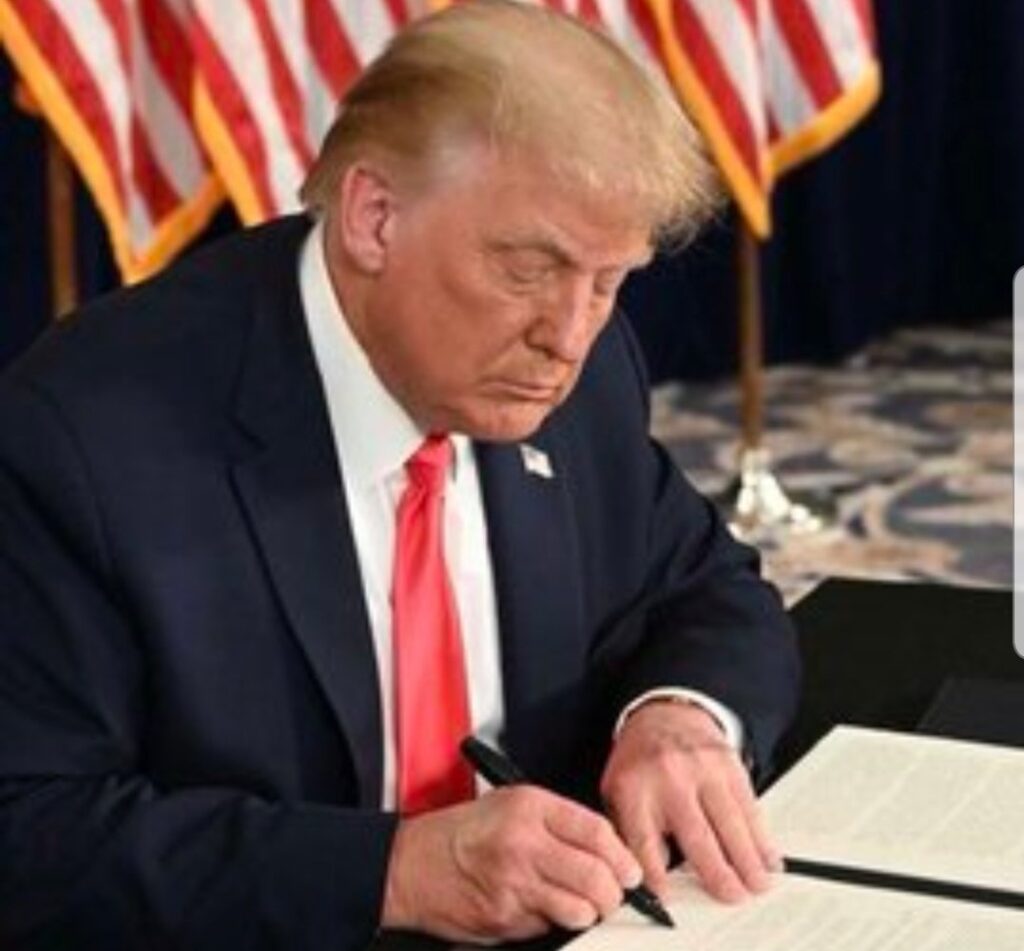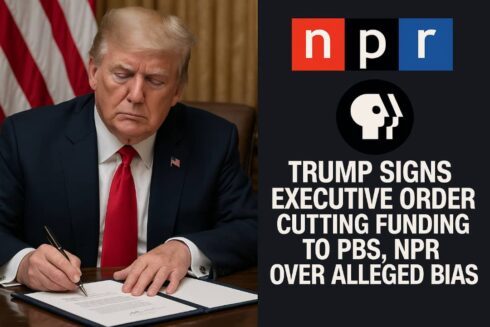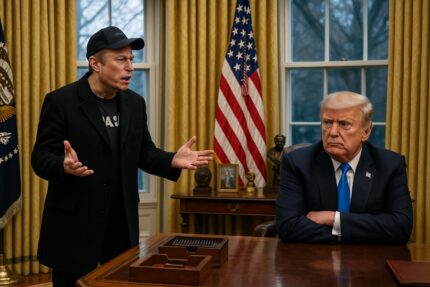President Donald Trump on Thursday signed a sweeping executive order to terminate federal funding for the Public Broadcasting Service (PBS) and National Public Radio (NPR), citing “persistent ideological bias” in their reporting. The order mandates the Corporation for Public Broadcasting (CPB) and other federal agencies “to cease Federal funding for NPR and PBS,” with additional instructions to eliminate indirect federal financing streams as well.
In a statement posted to social media, the President Trump claimed the networks “receive millions from taxpayers to spread radical, woke propaganda disguised as ‘news.’” The move marks a significant escalation in Trump’s long-running criticism of public media, which has been a recurring target of Republican lawmakers for decades. The executive order is expected to face legal and legislative pushback as it threatens to upend decades of public broadcasting operations.
Financial Implications for Public Broadcasters
PBS and NPR currently benefit from an estimated $500 million in federal funds annually, primarily funneled through the CPB. These subsidies help sustain local public radio and television stations across the country, especially in rural and underserved areas. While the networks have been preparing for potential budget cuts since Trump’s first term, the order represents the most direct attack yet on their financial foundation.
“This is not just a budgetary matter—it’s a deliberate effort to weaken public media in America,” said a media policy analyst at the University of Pennsylvania. “The President Trump executive order introduces a climate of uncertainty and jeopardizes programming that many Americans rely on for education and news.” CPB grants often serve as seed money that stations leverage for private donations and community partnerships, raising concerns that the ripple effect could destabilize local media ecosystems.
PBS and NPR Push Back Against Political Interference

Reacting swiftly, PBS President and CEO Paula Kerger condemned the executive order, warning it would “disrupt the essential service PBS and local member stations provide to the American people.” Kerger highlighted the bipartisan legacy of public broadcasting and noted that PBS programming plays a crucial role in early childhood education and cultural enrichment.
“There’s nothing more American than PBS,” Kerger stated. “This public-private partnership allows us to help prepare millions of children for success in school and in life and also supports enriching and inspiring programs of the highest quality.” NPR executives echoed similar concerns, with insiders warning that the loss of federal funds could force the closure of dozens of member stations in smaller markets.
Legal Battle Escalates with Lawsuit Against Trump
In a related development, the Corporation for Public Broadcasting has filed a lawsuit against President Trump, accusing him of overstepping his authority by firing three members of its five-person board earlier this week. The CPB’s legal team argues that the president lacks the power to remove board members and that his actions threaten to strip the board of the quorum required to conduct its business.
“Indeed, under the Act, Congress made it clear that CPB is a private corporation, over whom the President Trump has no authority save the ability to nominate members of the Board of Directors, with the advice and consent of the Senate,” the lawsuit reads. Legal scholars suggest the case could become a pivotal test of executive overreach into independent, non-profit institutions established by Congress.
Congressional Reaction and the Future of Public Media
The White House had already announced plans two weeks ago to propose a $9.1 billion package of budget rescissions, including the elimination of CPB funding. However, the proposal has yet to be formally sent to Capitol Hill. Budget Director Russell Vought said the cuts would be the “first of several,” raising fears among public media advocates that this is part of a broader defunding strategy.
Lawmakers from both parties have voiced opposition to similar efforts in the past, and it remains to be seen whether the current Congress—divided in both chamber control and ideology—will back the president’s move. Public media supporters have vowed to mobilize constituents and donors to defend CPB and the programming it underwrites.
As public broadcasters brace for a period of legal and political uncertainty, the Trump executive order could define the future of publicly funded media in the U.S.—and reignite a long-standing debate over journalism, politics, and public trust.














